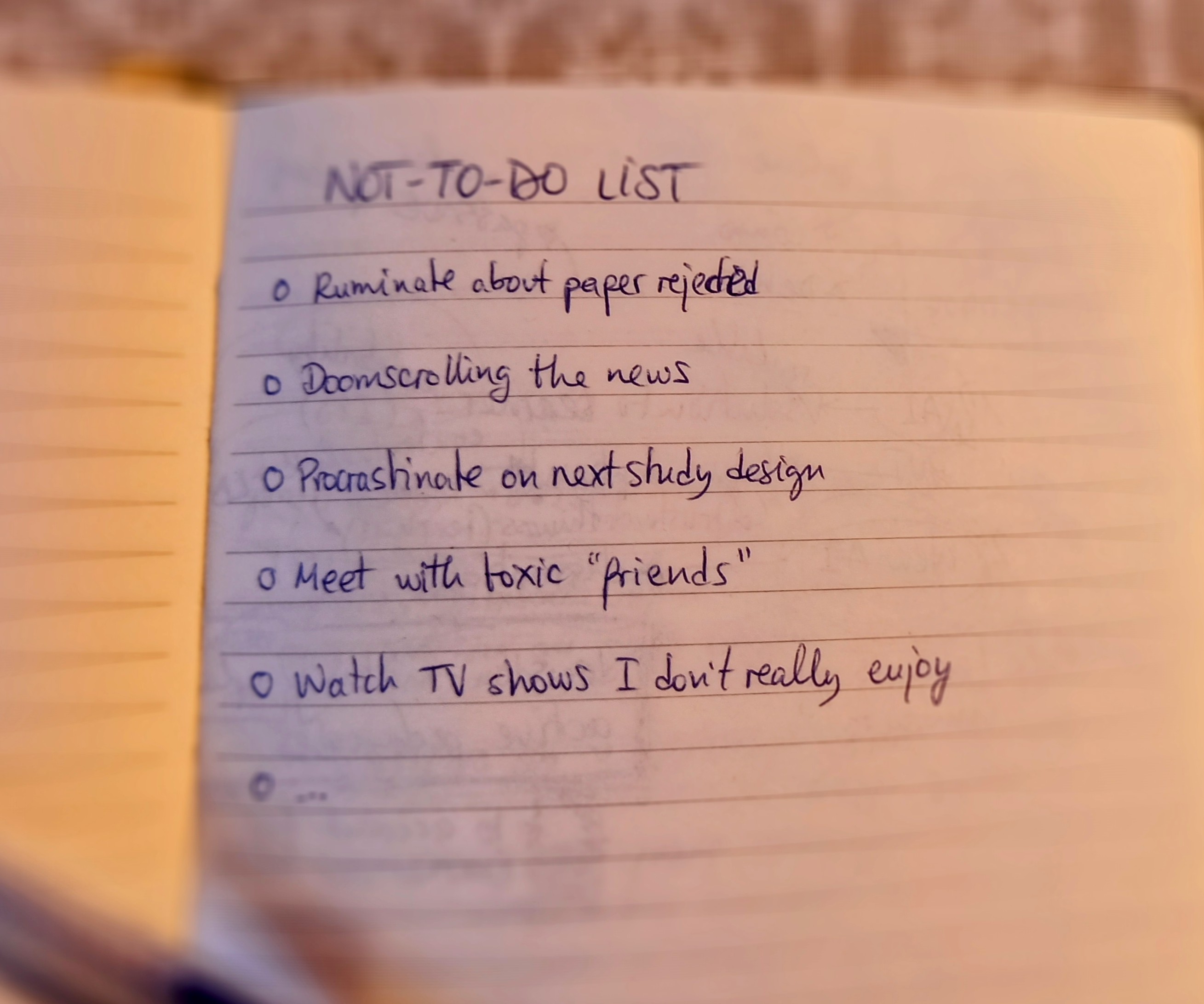POSTS
Tiny idea: Subtraction
by Luis P. Prieto, - 2 minutes read - 278 wordsIn our efforts to fix our life’s problems, we often keep adding stuff to our lives and ideas to our theses, ignoring there’s an alternative. In another tiny post, I quickly share how you can harness the power of subtraction. This idea will be familiar to long-time newsletter subscribers, as it was an early “newsletter exclusive”.
When we want to improve something (our life, our progress in the PhD), we veer towards adding new stuff that will hopefully fix the problems. We often miss the power of removing things (from our calendars, from our spaces… even from our thesis or papers!) instead of adding them. There’s even scientific studies about this1.
Thus, consider: what can you remove from your life, your calendar, your ideas or your spaces, to leave room for things that are truly important to you? More often than we think, “less is more”2.
I have rediscovered this truth by becoming a new parent: there are so many new activities and things now in my life, that others had to be subtracted – as a matter of survival. You can even materialize this subtraction into a “not-to-do list”, to be put next to your to-do lists as a reminder.
What have you recently subtracted from your life or your PhD work, which changed things for the better? Let us know in the comments section below! (or leave a voice message)
Header image by DALL-E.
-
Adams, G. S., Converse, B. A., Hales, A. H., & Klotz, L. E. (2021). People systematically overlook subtractive changes. Nature, 592(7853), 258–261. https://doi.org/10.1038/s41586-021-03380-y ↩︎
-
Tjan, A. K. (2012, September 5). The Power of Subtraction. Harvard Business Review. https://hbr.org/2012/09/the-power-of-subtraction ↩︎

Luis P. Prieto
Luis P. is a Ramón y Cajal research fellow at the University of Valladolid (Spain), investigating learning technologies, especially learning analytics. He is also an avid learner about doctoral education and supervision, and he's the main author at the A Happy PhD blog.
